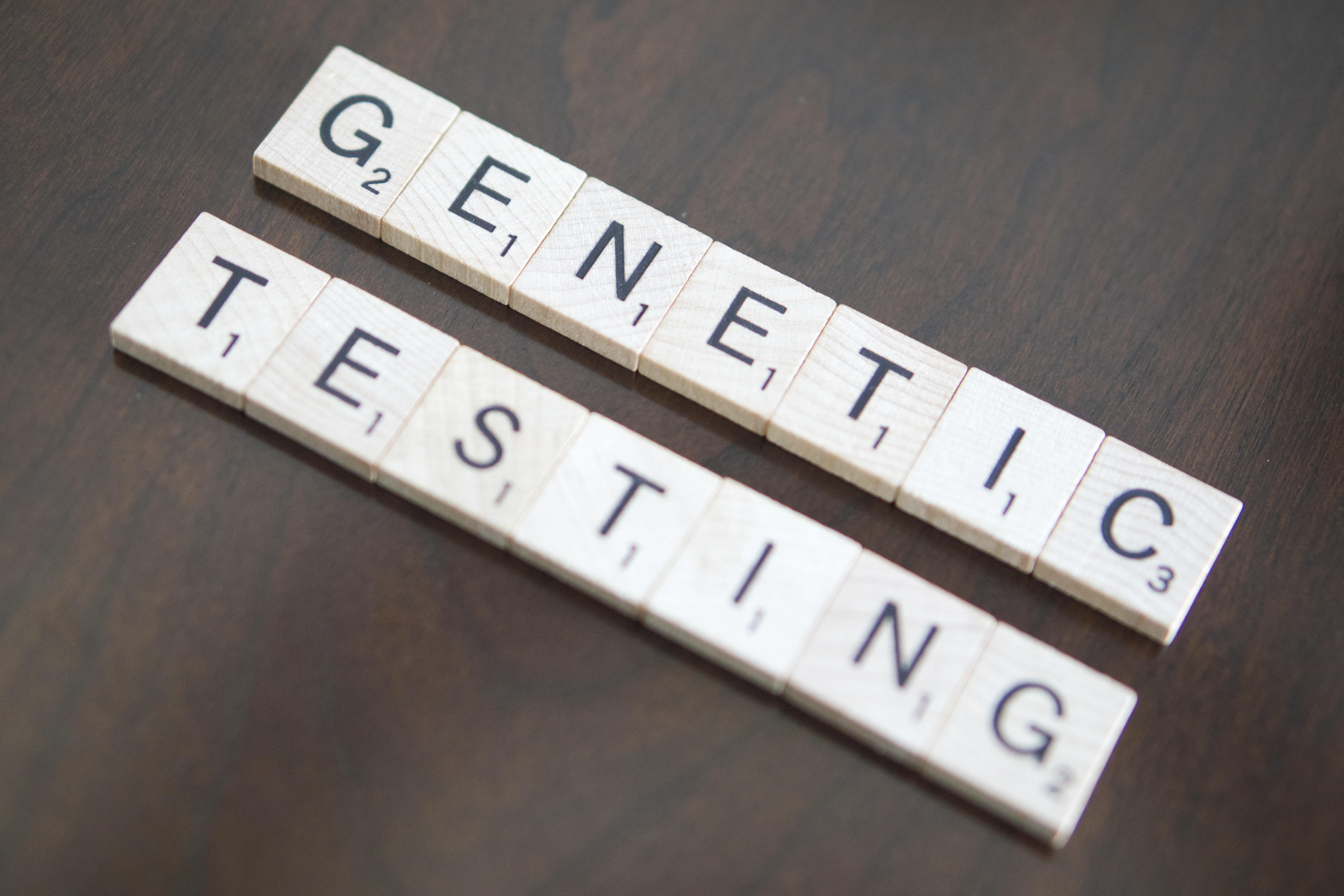In the modern tapestry of healthcare, where technology weaves seamlessly with biology, genetic tests emerge as enigmatic threads promising to unravel the mysteries of our DNA. With a simple swab or vial of blood, these tests claim to unlock secrets about our predispositions to certain diseases, offering a glimpse into a future that might otherwise remain shrouded in uncertainty. As we stand on the cusp of this genetic frontier, a pivotal question arises: are these tests essential tools for preventive health measures, or merely sophisticated crystal balls? This article delves into the intricate dance between genetics and prevention, exploring the necessity and implications of peering into the double helix for clues about our health destinies.
Decoding DNA: Weighing the Value of Genetic Tests in Preventive Healthcare
In the evolving landscape of healthcare, genetic tests are heralded as a beacon of personalized medicine, offering insights into our unique biological blueprint. These tests can reveal predispositions to a variety of conditions, from heart disease to certain types of cancer, potentially guiding early intervention strategies. However, the question remains: are these tests truly indispensable for everyone?
On one hand, genetic testing can be a powerful tool for those with a family history of specific ailments. It can inform lifestyle changes or medical surveillance that might stave off future health issues. On the other hand, the results can sometimes lead to anxiety or unnecessary medical procedures. Consider the following:
- Benefits: Early detection, personalized health strategies, informed family planning.
- Drawbacks: Psychological impact, privacy concerns, potential for overdiagnosis.
Ultimately, the decision to undergo genetic testing should be carefully weighed, ideally in consultation with healthcare professionals who can provide context and guidance tailored to individual health profiles and risks.

Unraveling Genetic Mysteries: How Much Insight Do Tests Really Offer
In the age of personalized medicine, genetic testing has become a cornerstone for those seeking to understand their unique biological blueprint. But how much clarity do these tests truly provide when it comes to preventive health? Genetic tests can reveal predispositions to certain conditions, offering a glimpse into potential future health scenarios. However, the insights they offer often come with caveats. The intricate dance between genes and lifestyle means that possessing a genetic marker for a disease doesn’t guarantee its manifestation. Environmental factors, lifestyle choices, and even random chance play significant roles in health outcomes.
- Predictive Power: While some tests can identify mutations linked to diseases like breast cancer or Alzheimer’s, the probability of developing such conditions isn’t solely dictated by genetics.
- Complex Interactions: The interaction between multiple genes and external factors often complicates the picture. One might have a genetic predisposition to a condition, yet never experience it due to a healthy lifestyle.
- Ethical Considerations: Knowing one’s genetic risks can lead to anxiety or discrimination, raising ethical questions about how this information should be used.
Ultimately, while genetic tests can be powerful tools for tailoring health strategies, they are not crystal balls. They are best used in conjunction with other medical advice and lifestyle adjustments to paint a comprehensive picture of one’s health.

Navigating Genetic Insights: Balancing Benefits and Limitations in Health Prevention
Genetic tests offer a fascinating window into our DNA, revealing predispositions to certain health conditions and guiding preventive strategies. The allure of these insights lies in their potential to personalize healthcare, allowing individuals to tailor lifestyle choices and medical interventions to their unique genetic makeup. By identifying genetic markers linked to diseases like cancer, diabetes, or cardiovascular issues, individuals can make informed decisions about diet, exercise, and screenings, potentially catching health issues before they manifest.
However, it’s essential to approach genetic testing with a balanced perspective. While these tests provide valuable information, they also come with limitations. Considerations include:
- Accuracy: Not all tests are created equal, and results can sometimes be inconclusive or misinterpreted.
- Privacy Concerns: The handling and sharing of genetic data can pose risks to personal privacy.
- Psychological Impact: Knowing one’s genetic risks can lead to anxiety or stress.
- Cost: The expense of comprehensive testing may not be accessible for everyone.
Understanding both the benefits and limitations of genetic testing can help individuals make informed decisions about incorporating these insights into their preventive health strategies.

Strategic Health Planning: When to Consider Genetic Testing for Optimal Outcomes
In the realm of personalized healthcare, the decision to incorporate genetic testing into your strategic health planning can be a pivotal moment. While not everyone may require genetic testing, it can offer invaluable insights for certain individuals, especially those with a family history of hereditary conditions. Genetic testing serves as a powerful tool for identifying potential health risks, allowing for proactive measures to mitigate those risks.
Consider genetic testing if you belong to any of the following groups:
- Individuals with a family history of genetic disorders, such as cystic fibrosis or hereditary cancers.
- People experiencing unexplained medical symptoms that may have a genetic basis.
- Those interested in personalized medicine approaches, which can tailor prevention and treatment strategies based on genetic data.
- Parents-to-be concerned about potential genetic issues in offspring.
By integrating genetic testing into your health strategy, you not only empower yourself with knowledge but also enhance your ability to make informed decisions about your health and well-being. This proactive approach can lead to optimal health outcomes, ensuring that preventive measures are both targeted and effective.
